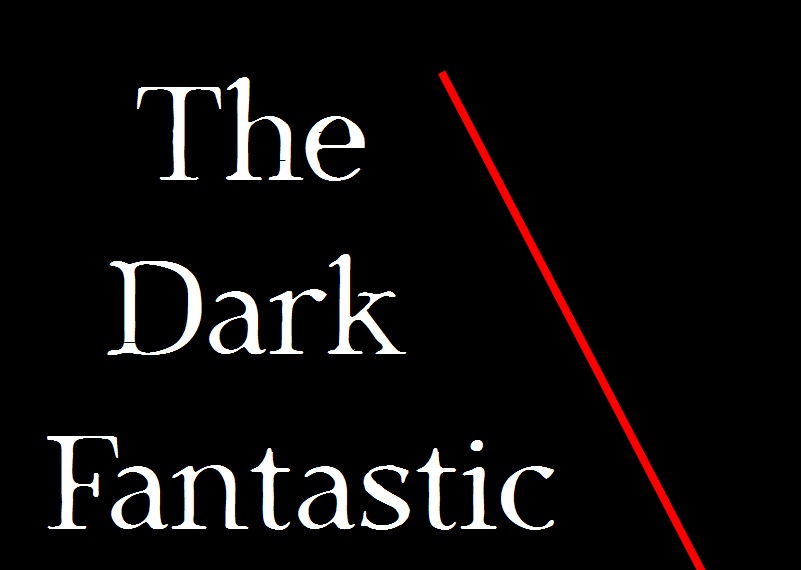As a lifelong "Phan" of the Phantasm series, my heart lept with joy at the announcement of a new, and final, installment in the franchise, with the involvement of the entire cast from the 1979 original. After several delays, Phantasm: Ravager (2016) was released in theaters and VOD, and I got a chance to watch it.
My disappointment was staggering. Produced almost thirty years after Phantasm IV: Oblivion (1998), I expected a tight, polished, poignant final chapter that would finally answer at least some of the many questions posed during forty years of filmmaking. What I got was an amateurish looking, incoherent movie, with surprisingly unpolished performances, and one which lacks much of the surreal, hypnotic atmosphere and style that made the series so special in the first place.
A huge part of the blame has to rest on co-writer/director David Hartman's shoulders, whose direction is adequate at best, and sloppy at worst. The special effects also leave a lot to be desired, which is shocking, considering what creator/writer/director Don Conscarelli managed to pull off decades ago with next-to-none resources, delivering four films that had plenty of style, and effects that always captured the imagination.
The lack of closure is also very disappointing for a die-hard Phantasm fan. Being the final chapter, there's little that seems "final" about this film, with its open-ending and unresolved storylines dating back to the very first film in the series. Yes, Reggie Banister's character gets a moving and bittersweet send-off, but that's about it. The Tall Man's tale seems far from finished, and the rest of the characters don't have much to do throughout the story.
One has to wonder why Coscarelli, who co-wrote Ravager, didn't just direct this final chapter, as the final product sorely lacks his touch and his mastery of low-budget filmmaking.
It is fun and heartwarming to see the gang back together again, and there are a couple of moments when the film manages to capture some of the magic of the original, but, as is, Phantasm: Ravager is heavily flawed and underwhelming, and a failure as a finale to one of the most popular and stylish horror franchises in history. To me, the true final chapter remains Phantasm: Oblivion (1998), in which Coscarelli gave us an open-ending that was mystifying yet satisfying on many levels, and one which was truly haunting.
Text © Ahmed Khalifa. 2017



